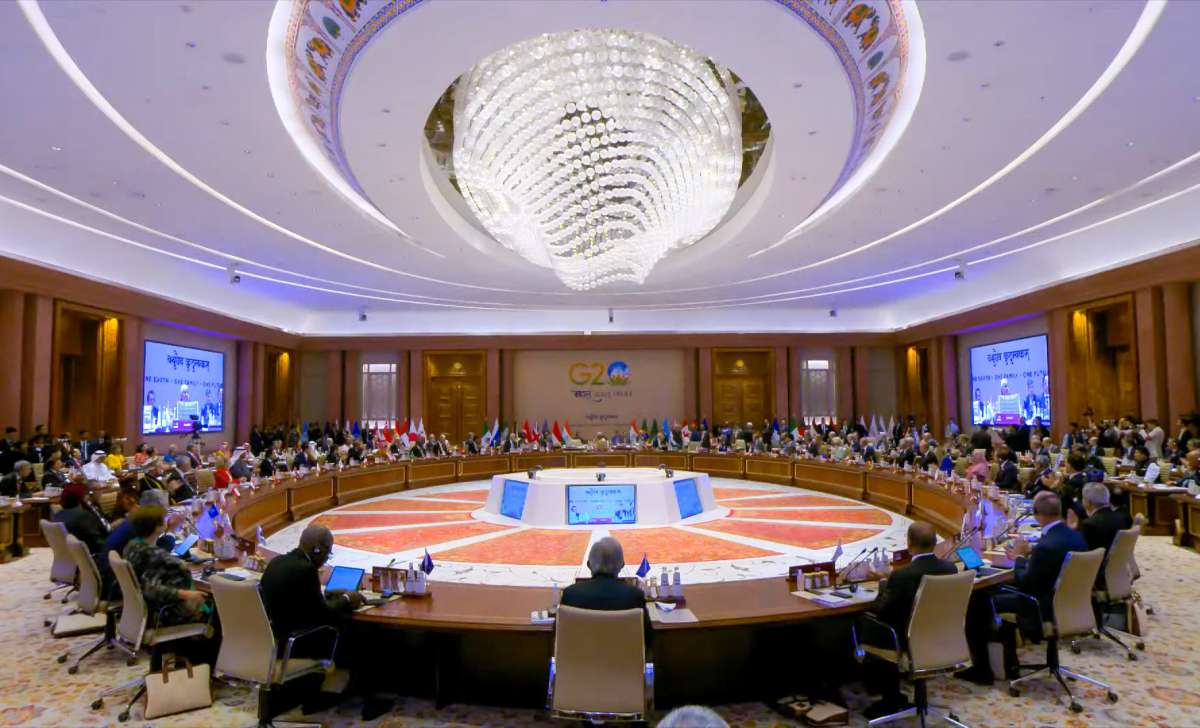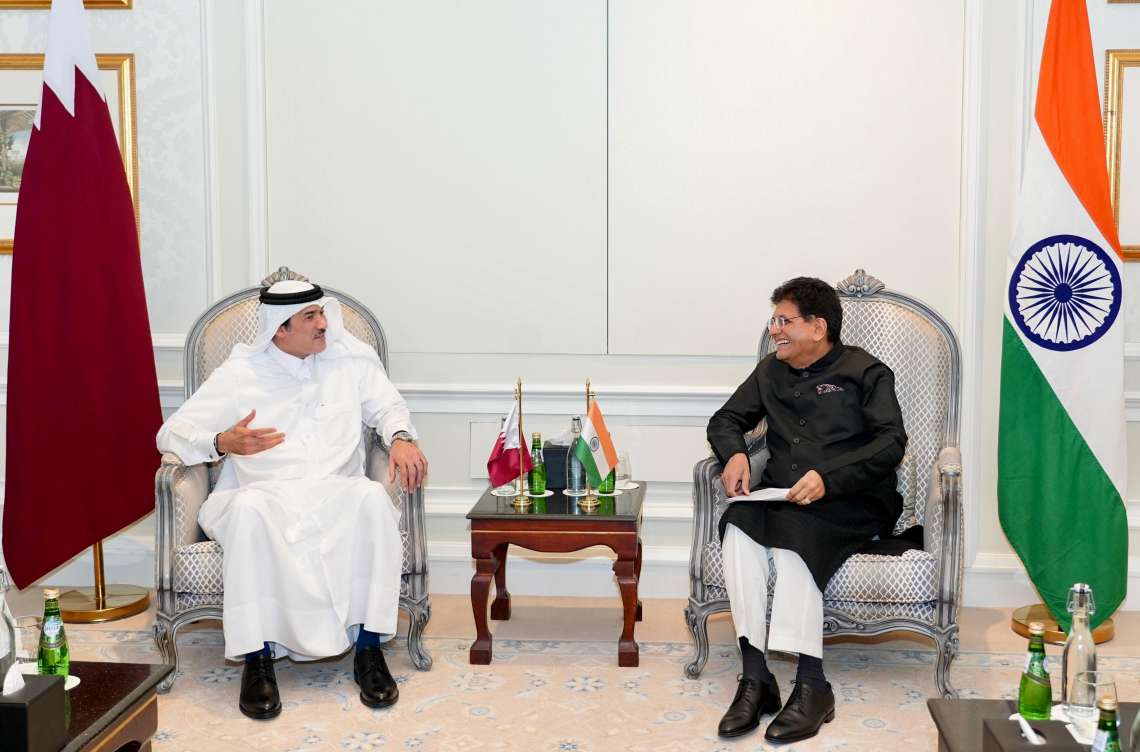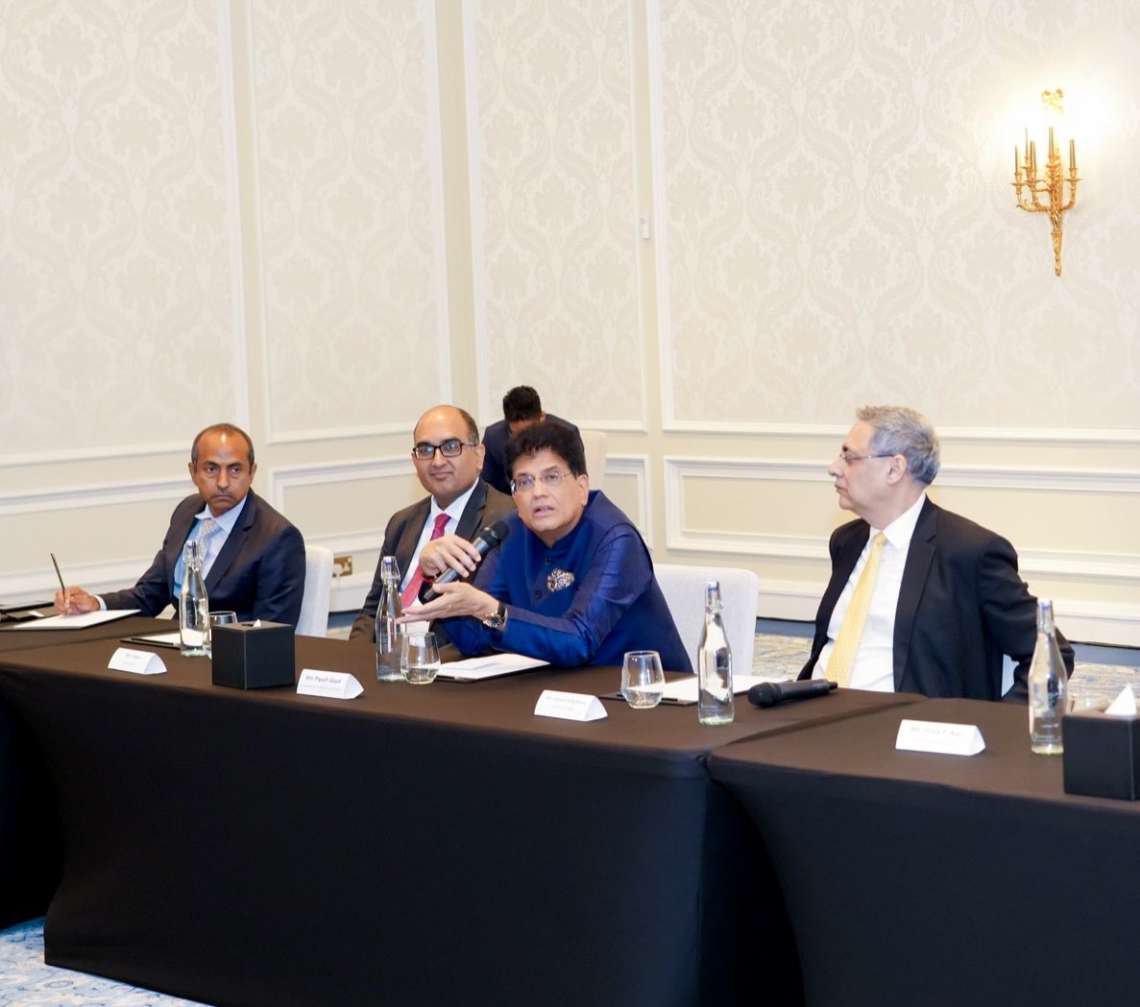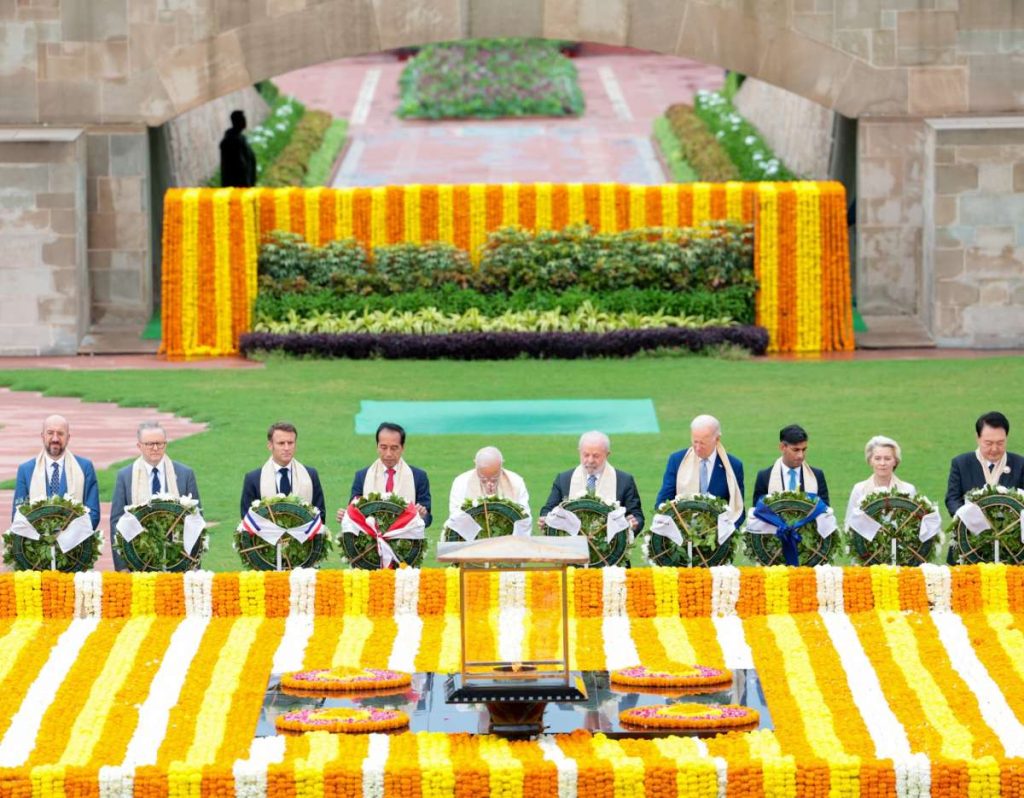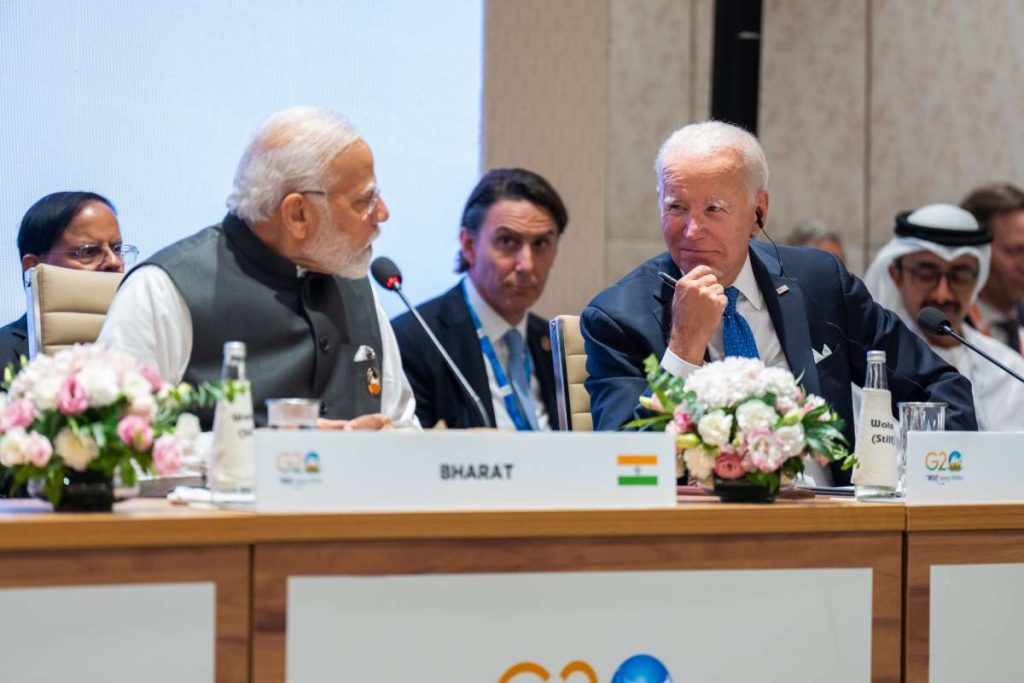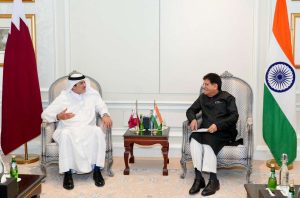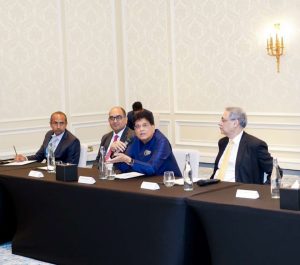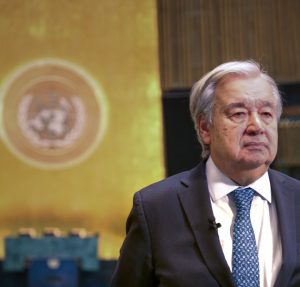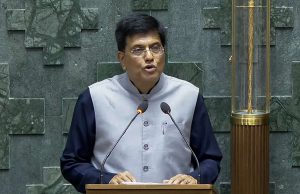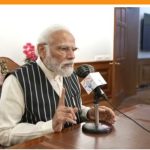The Delhi Declaration emphasised that “Today’s era must not be of war”…reports Asian Lite News
Despite euphoria over the consensus achieved on the Delhi Declaration, mainly on the language pertaining to the Ukraine conflict, the wordings are a significant climb down from wordings used in Bali Declaration.
The Delhi Declaration refers to “war in Ukraine” and not “war against Ukraine”, in a significant shift in language from the Bali Declaration last year.
It also hints at a climb down by G7 nations and European Union over language from Bali.
In another watering down from its earlier stand, the Delhi Declaration also acknowledged that, “While the G20 is not the platform to resolve geopolitical and security issues, we acknowledge that these issues can have significant consequences for the global economy.”
On Friday, while replying to a question on whether the Ukraine conflict could derail the G20 summit, the Indian Sherpa Amitabh Kant had said: “G20 is a forum for discussing issues of growth and development. However last in Bali (G20 summit) it was felt that war and conflict impact economy and growth so it was discussed.”
Meanwhile, the climb down is evident from these passages of the Delhi Declaration.
“Concerning the war in Ukraine, while recalling the discussion in Bali, we reiterated our national positions and resolutions adopted at the UN Security Council and the UN General Assembly and underscored that all states must act in a manner consistent with the purposes and principles of the UN Charter in its entirety,” the final Delhi outcome document reads. We highlighted the human suffering and negative added impacts of the war in Ukraine with regard to global food and energy security, supply chains, macro-financial stability, inflation and growth, which has complicated the policy environment for countries, especially developing and least developed countries which are still recovering from the COVID-19 pandemic and the economic disruption which has derailed progress towards the SDGs.”
The G20 negotiators have been working tirelessly to arrive at an agreement on the Ukraine issue. The West has time and again called for unanimous condemnation of Russia and President Vladimir Putin over causing deaths and destruction in its neighbouring nation. They have also urged India to denounce Russian aggression and take a tougher stance over the war in Ukraine.
“In line with the UN Charter, all states must refrain from the threat or use of force to seek territorial acquisition against the territorial integrity and sovereignty or political independence of any state,” the Delhi Declaration said on war in Ukraine.
The resolution noted the impact of the war in Ukraine with regard to global food and energy security, supply chains, macro-financial stability, inflation and growth. The issues have adversely impacted the developing and least developed nations.
The declaration adopted under India’s presidency called for “all states to uphold the principles of international law including territorial integrity and sovereignty, international humanitarian law, and the multilateral system that safeguards peace and stability.”
It supported a “comprehensive, just, and durable peace” in Ukraine and advocated conflict resolution through diplomacy and dialogue.
The Delhi Declaration emphasised that “Today’s era must not be of war”.
With this, it appears that the G20 delegates had reached a compromise on the language of Russia’s invasion of Ukraine.
The bloc, which had met over eight months after war broke out in Ukraine, in a statement said it “deplores in the strongest terms the aggression by the Russian Federation against Ukraine” and demanded Moscow’s “complete and unconditional withdrawal” from Kyiv.
Notably, the Bali statement mentioned that “most members” had strongly condemned the war in Ukraine and acknowledged that there were “other views and different assessments of the situation and sanctions.”
“Many members agreed that the recovery of the global economy has slowed and is facing a major setback as a result of Russiaôs war against Ukraine, which was strongly condemned, and called for an end to the war. One member expressed the view that the sanctions are adding to existing challenges,” the statement had mentioned.
ALSO READ-G20 Nears Consensus on Wording for Russia-Ukraine War

